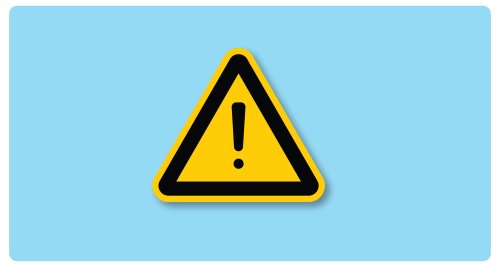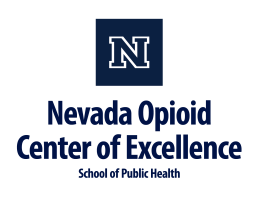Continuing education credit is not offered for these on-demand videos which are for informational purposes only. For courses offering continuing education, please checkout our live events or visit our partners at CASAT Learning.

This one-hour workshop will provide an overview of new and emerging synthetic cannabinoids and their impacts. The session will incorporate identifying different types of cannabinoids, indicators of use, and trends within Nevada and across the country. Participants will learn practical strategies and resources for managing unknown and novel synthetic substance use while understanding up-to-date information that will equip providers to implement effective approaches to engagement and care.

This presentation, developed in collaboration with OD2A, provides an overview of the most current opioid use disorder (OUD) data and trends in Nevada. The presentation focuses on the Quad Counties region (Storey County, Lyon County, Douglas County, and Carson City) to give participants the most relevant and localized information available. Attendees will gain insight into emerging patterns, recent data findings, and key considerations for prevention and response efforts in Nevada.

Learn essential skills pertaining to working with adolescents affected by opioid use disorder in this foundational training. Gain proficiency in understanding medications for opioid use disorder, communicating with families about opioid use disorder and treatment options, tailored to fit the needs of young individuals. Stay ahead of the curve with insights into current opioid trends among adolescents and practices that you can implement immediately.

This Listening Session is the first in a two-part series designed to examine how Opioid Use Disorder (OUD) impacts specific population groups that experience distinctive health vulnerabilities, including youth, older adults, individuals with disabilities and neurodivergence, birthing women and Tribal Nations. Anchored in evidence-based frameworks for trauma-informed care, developmental risk, and structural competency, the session prioritizes the integration of firsthand narratives with the data on service gaps. Participants will engage in structured dialogue to better understand how variations in age, ability, neurodevelopment, and community context influence OUD risk trajectories and access to care. This session supports a broader objective of informing service models that are integrity-based, developmentally appropriate, and community-informed, consistent with national public health guidance for behavioral health fairness.

This collaborative training brings together experts from across Nevada to explore the complex landscape of human trafficking throughout the state. Presenters will highlight the realities and regional nuances of trafficking in urban, rural, and campus communities, while addressing the frequent intersection with opioid use and substance dependency. Topics include recruitment tactics, legal context, trauma-informed response, and victim advocacy. Participants will gain a deeper understanding of how trafficking operates in Nevada and what communities can do to identify, prevent, and respond to exploitation.

This session will focus on identifying key protective factors that reduce the risk of substance use and explore how we can actively support and strengthen them in our communities. Participants will examine the role of Positive Childhood Experiences (PCEs) in fostering resilience, gain insight into current research and emerging trends, and learn strategies for mobilizing communities to take action in building protective environments that support long-term well-being.
